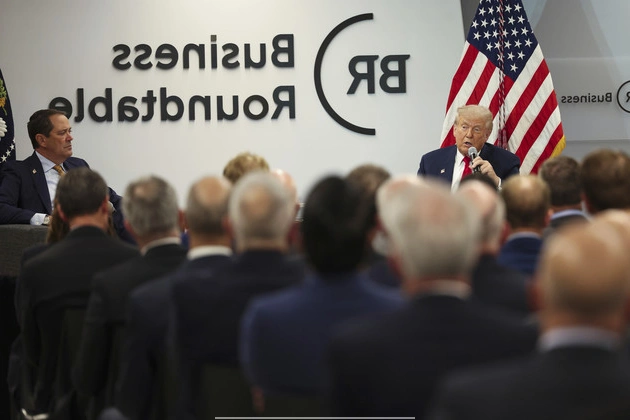
President Donald Trump’s stance on sending American troops to Gaza has been a topic of much debate and scrutiny. White House press secretary Karoline Leavitt clarified that President Trump has ‘not committed’ to deploying troops to the region, despite previous statements indicating a potential U.S. intervention.
Rebuilding Efforts in Gaza
Leavitt emphasized that the U.S. will not bear the financial burden of reconstruction in Gaza, contrary to initial suggestions of a nation-building initiative. She underscored the importance of U.S. involvement in the rebuilding process to ensure stability in the region without the need for boots on the ground or direct funding from American taxpayers.
Temporary Relocation Plans
Furthermore, Leavitt mentioned President Trump’s commitment to ‘temporarily relocating those’ individuals still residing in Gaza. This unconventional approach reflects President Trump’s unconventional style and his ultimate goal of achieving lasting peace in the Middle East for all inhabitants of the region.
Negotiation Leverage
When questioned about the possibility of deploying troops, Leavitt explained that President Trump prefers not to rule out any options during negotiations to maintain leverage. This strategic stance aims to preserve flexibility and maximize bargaining power in diplomatic talks.
Immediate Backlash and Political Response
Despite assurances from Leavitt, President Trump’s recent statement alongside Israeli Prime Minister Benjamin Netanyahu that American troops could be sent ‘if necessary’ sparked immediate criticism from both Republican and Democratic lawmakers. Senator Rand Paul condemned the idea of another military intervention, highlighting concerns about potential casualties and costs.
It is evident that President Trump’s position on sending troops to Gaza remains a contentious issue with significant implications for U.S. foreign policy in the Middle East.















